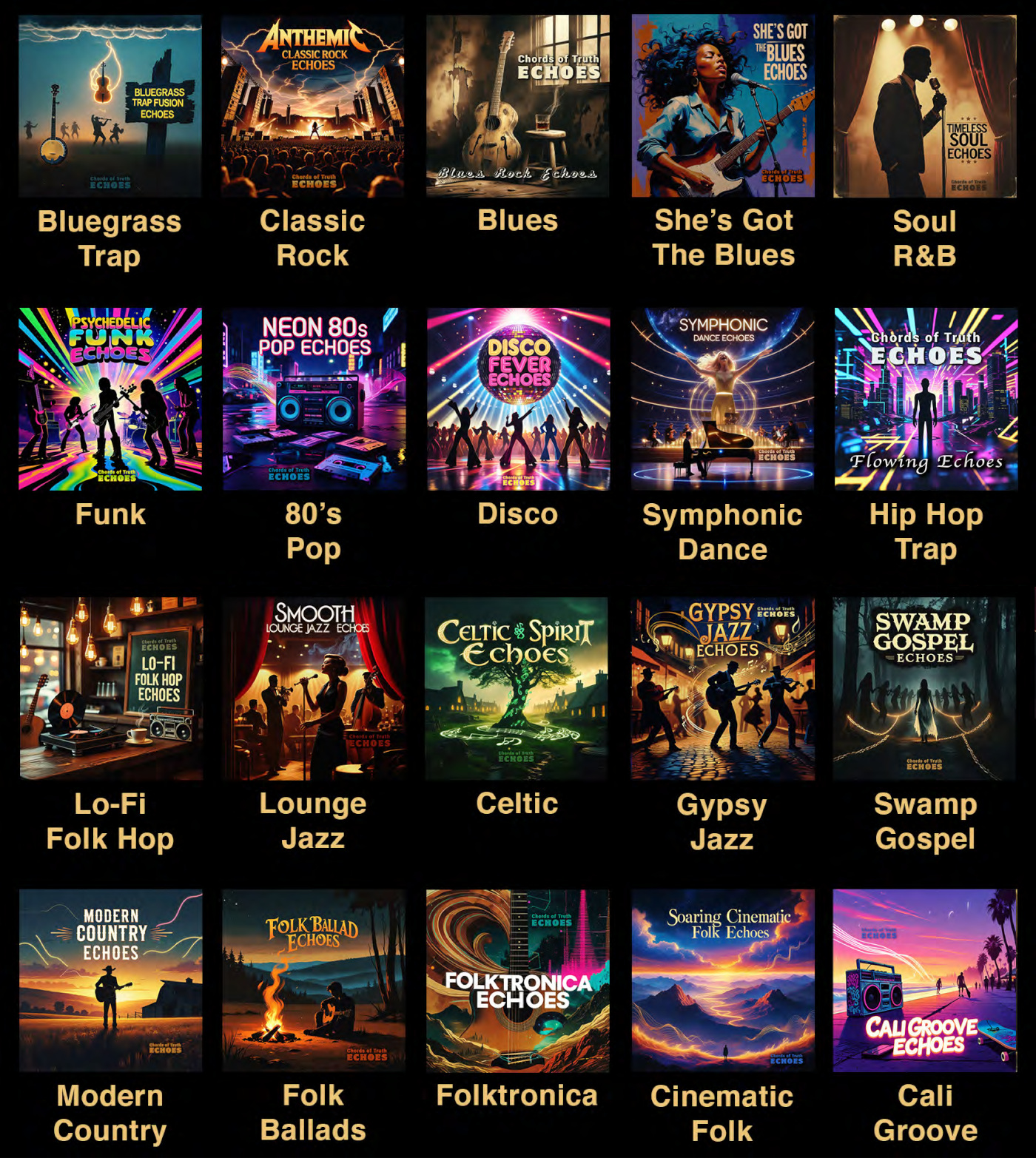Truth and Lies
Truth is a concept that requires immense faith
In what we think we know to be true
Most evidence is subjective
And dependent on our view
But statements declared
Should be what we have learned
It's the intent that determines
Whether honesty is concerned
Truth and Lies are never the same
They cannot coexist
Word to the wise
This should need no reprise
Don't let lies persist
There are times we feel the appropriate choice
Is to proclaim what we know to be false
We justify this by convincing ourselves
It's better for us all
Deception can lead
To a treacherous existence
It just makes sense to protect
Remains of innocence
Truth and Lies are never the same
They cannot coexist
Word to the wise
This should need no reprise
Don't let lies persist
In what we think we know to be true
Most evidence is subjective
And dependent on our view
But statements declared
Should be what we have learned
It's the intent that determines
Whether honesty is concerned
Truth and Lies are never the same
They cannot coexist
Word to the wise
This should need no reprise
Don't let lies persist
There are times we feel the appropriate choice
Is to proclaim what we know to be false
We justify this by convincing ourselves
It's better for us all
Deception can lead
To a treacherous existence
It just makes sense to protect
Remains of innocence
Truth and Lies are never the same
They cannot coexist
Word to the wise
This should need no reprise
Don't let lies persist
Echoes Playlist
Choose Your Favorite Genre
The Principle
Truth's pursuit requires courage; lies erode trust; honesty builds bridges. Upholding truth strengthens character; embracing lies weakens the soul. Truth is a beacon in the storm of deception.Timeless Wisdom
The principle explores the timeless tension between truth and lies, reflecting humanity's constant struggle with morality and self-deception. The principle illustrates how the intention behind a statement, rather than its factual accuracy, often determines its ethical standing. It warns against the corrosive nature of persistent deception and advocates for a life grounded in integrity. Universal human experiences such as self-preservation, social dynamics, and the desire for acceptance, often create moral dilemmas that compel individuals towards deception. However, the principle asserts that while such justifications may seem expedient in the short term, the cumulative effects of dishonesty undermine the very fabric of trust and relationships that are essential to human well-being. This speaks to the universal human desire for authentic connection and the profound consequences of sacrificing honesty for short-term gain.Core Themes
The core themes revolve around honesty, integrity, and the consequences of deception. The principle delves into the complexities of moral decision-making, exploring situations where the truth might be perceived as harmful. It emphasizes the importance of self-reflection and the potential for long-term damage caused by dishonesty. The principle touches upon the human tendency to justify self-serving actions, highlighting the insidious nature of rationalization in the face of moral compromise. The core themes reflect universal struggles with truth, morality, and the constant internal battle between integrity and self-preservation. It warns that while the consequences of dishonesty might not always be immediate or apparent, their cumulative effect is a steady erosion of trust and well-being. This connects deeply to the human experience of relationships, responsibility, and our yearning for meaningful connections built on authenticity.Philosophical Mood
The principle's philosophical mood is cautionary and introspective. It prompts readers to consider the ethical implications of their words and actions, fostering personal reflection. It encourages critical self-assessment. The mood is also one of hope, suggesting that honesty ultimately prevails and that cultivating integrity leads to a more fulfilling life. The principle invites readers to examine their own moral compasses and the ways in which their decisions, however small, contribute to the larger tapestry of human interaction. This reflective and contemplative stance creates a space for personal engagement, encouraging readers to examine their own roles in perpetuating truth or deception. The mood simultaneously conveys the seriousness of the issue and the possibility of redemption through mindful choices.Parables
Parable 1: The Echoing WellA villager repeatedly tossed stones of falsehood into a well, polluting its clear waters. Eventually, when seeking truth, he only found echoes of his own deceit.
Lesson: Lies create a toxic environment.
Parable 2: The Weaver's Mistake
A weaver, in haste, used a single thread of deceit in a tapestry of truth. Though seemingly small, this flaw weakened the entire creation, eventually leading to its unraveling.
Lesson: Dishonesty can unravel everything.
Conscious Creation Exercises
Exercise 1: The Unseen BridgeReflect on a time you felt compelled to compromise the truth. Describe the bridge you built to justify your actions – what supports held it up? What made it unstable? What did you learn about yourself?
Exercise 2: The Seed of Honesty
Write a short story about a seed of honesty planted in an environment of lies. Describe its struggle to grow and the eventual outcome. What challenges did it face? How did it overcome them?

